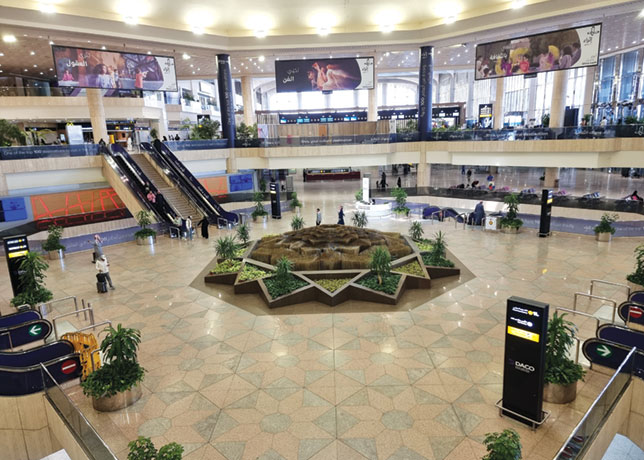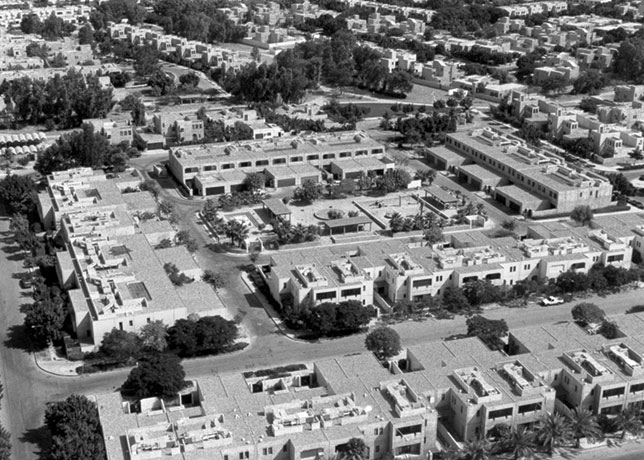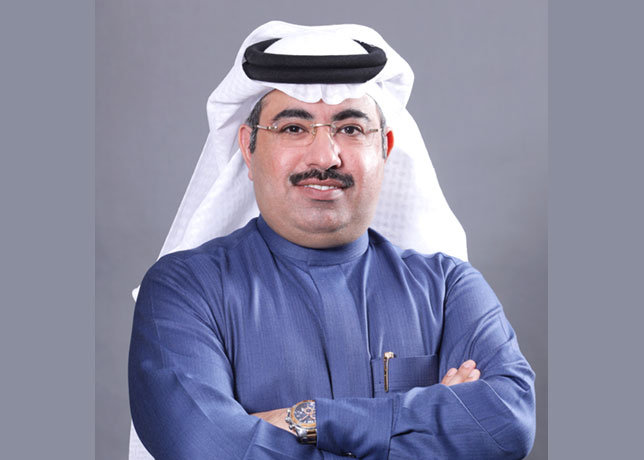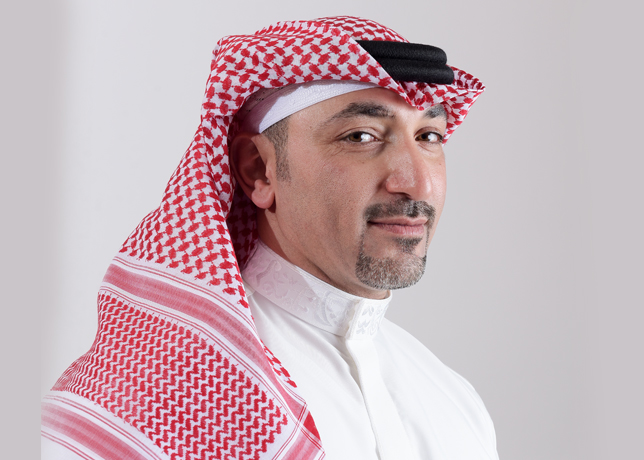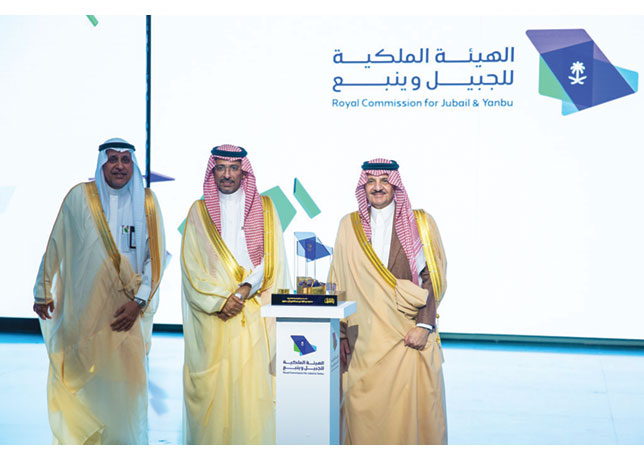
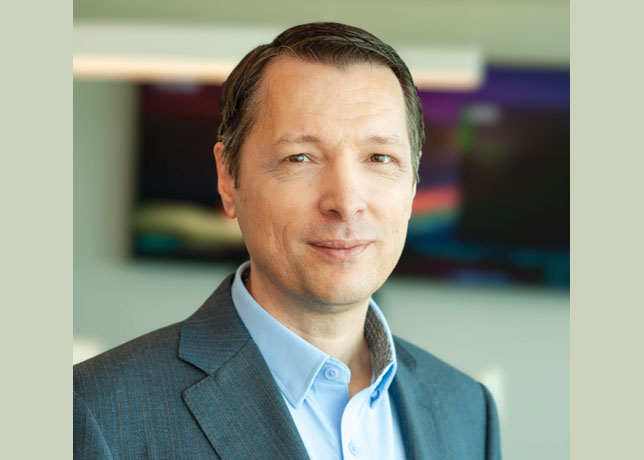 de Bruyn ... collaborating for innovation
de Bruyn ... collaborating for innovation
Recognising that we cannot do everything ourselves, we have to look at new technology innovations in collaboration with users and investors, Leon de Bruyn tells OGN
Lummus Technology, with a century-long legacy of innovation, is a leading developer of process technologies for the energy industry.
The company has been driving its objectives of fostering collaboration and advancing technological innovations in Saudi Arabia, aligning with the country’s vision for localisation and energy transition.
In an exclusive interview with OGN energy magazine, Leon de Bruyn, President and CEO, Lummus Technology, spoke about Saudi Arabia's evolving energy market and Lummus’ expansion in the Kingdom, its commitment to sustainability and its drive for advancing technologies for efficient resource use and circular economy solutions, crucial for the region's green goals.
Below are excerpts from the interview
What are Lummus Technology’s scope of operations?
Lummus Technology has been around for more than a hundred years. It was started by Walter E Lummus with a vision of innovation. And today, we are the largest portfolio holder of process technologies for the downstream industry, including refining, petrochemicals, and polymers.
How is Lummus contributing to Saudi Arabia’s evolving energy market?
 |
Lummus offers catalysts for refining, petrochemical and polymer processes |
Saudi Arabia, by its history and location, is a centre of energy. With vast natural resources and an important geographic location, which connects the East and West, and a strong international positioning, the country has an opportunity to build a powerful knowledge base in the energy space.
I expect Saudi Arabia to keep growing and take a leading role in the future of energy. And I’m proud that Lummus has the opportunity to participate in a changing Saudi Arabia.
We established an office in Dammam and we’ve been growing that office. In fact, Lummus’ fastest growing office is here in Saudi Arabia.
We also moved our chief technology officer (CTO) Ujjal Mukherjee and his team to the region to help build up the knowledge base in Saudi Arabia, and to leave our mark.
We believe Lummus has a responsibility to help advancing the know-how.
Lummus aims to exchange knowledge and to forge collaboration across the industry.
And with our portfolio, we have a lot of collaboration already. But we also recognise that we cannot do everything ourselves; we have to look at new technology innovations in collaboration with users and investors.
With sustainability being a key focus, how does your company help the region further its green goals?
When we talk about energy, sustainability is integral to it. And it manifests itself in two different dimensions.
Firstly, we should always strive to use our natural resources as efficiently and as beneficially as possible. That leads to more sustainable use of our natural resources.
Second, you want to retain the carbon molecules in the hydrocarbon cycle thus creating a circular economy through circular solutions.
And we have multiple technologies in our portfolio, and continue to develop new technologies, to enhance the circularity of the hydrocarbons to allow us to use our natural resources as wisely as possible.
And last but not least, there are opportunities to move into new products that have a more sustainable use and lower carbon intensity, and use feedstocks that also aid in the direction.
Lummus is a leader of combining feedstock diversification of process technologies, as well as going into new products and materials for consumption.
How does Lummus plan to address carbon reduction?
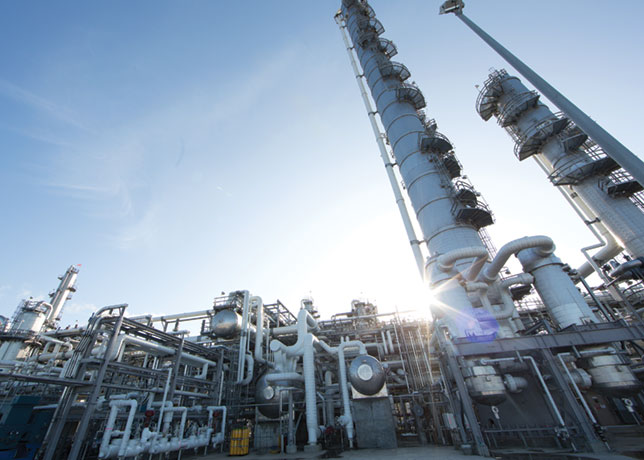 |
Lummus technologies can help energy companies enhance efficiencies and reduce emissions |
From the original feedstock to the materials made for consumption, and the side products that then get circularly reinvolved into that chain, we are seeing more and more of the whole energy value chain becoming integral to the transition.
And that integral aspect is not just for the natural resources, but I also see more biogenic materials making their way into the value chain.
This combination of natural resources, fossil fuels and biogenic materials is going to be important.
And we at Lummus are heavily involved in this process. For example, through our polyhydroxyalkanoates plastics, which is a biologically produced plastic that is also biodegradable, we are solving some of the single-use plastics dilemmas so that we can have single use from biogenic material.
Additionally, more durable plastics from the fossil fuel can act as a carbon sink.
Placing CO2 in products is going to be a viable way to reduce carbon.
And while there’s a lot of focus on taking CO2 out from the atmosphere or emissions, I also think creating a carbon sink in durable materials is going to be a viable destination for CO2.
What are the biggest opportunities and challenges for Lummus in Saudi Arabia?
The opportunities in Saudi Arabia are abundant. This is due to the wealth of natural resources here, the internationalisation of the whole economy and the recent change in mindset. All these combined nurtures an openness that will attract a lot of talents.
And at the end of the day, our industry is helped by the best talents.
Coming up with new technological innovations require talents, implementing those requires talents, executing them favourably requires talents. And thus, our industry is all about having the right brain power.
Saudi Arabia offers that opportunity to bring all the brainpower together.
That also is the main challenge because there are not enough engineers in the world; there aren’t enough chemical engineers or technologists to support our ambitions in the energy transition, and the transformation of our energy from yesterday to tomorrow.
So, the challenge is to attract the right brain power and keep them excited about our future.
How has business been for your company over the past year?
We have been very busy in the past few years, and we’re busier than ever.
When we became an independent company four years ago, we didn’t expect the changes in our industry. But we were nevertheless ready for it.
And with a passion of our employees, we were able to very quickly take opportunities and convert them concrete, new technologies, help our customers implement them, and make significant strides towards the energy transition.
Fortunately, with a lot of automation on the engineering, customer and data side, we’ve been able to expand very rapidly.



















































































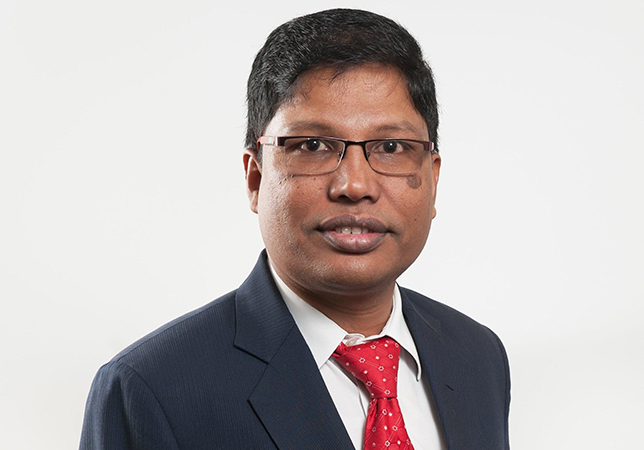
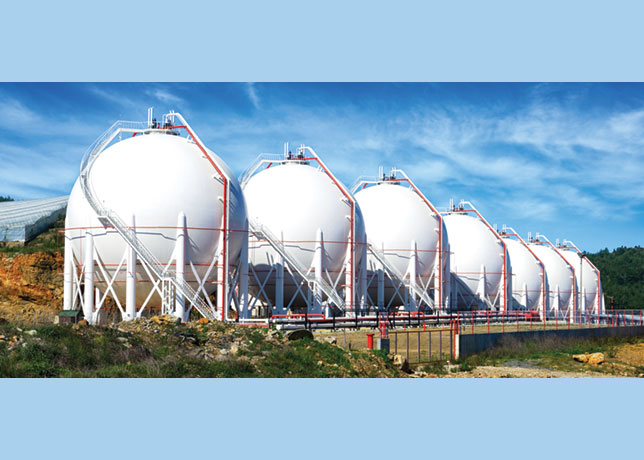
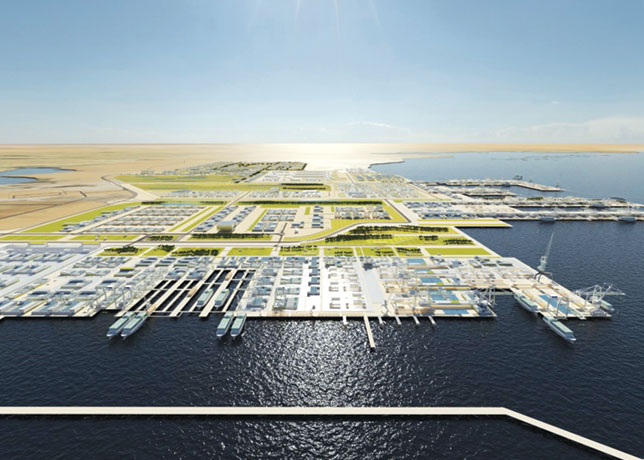
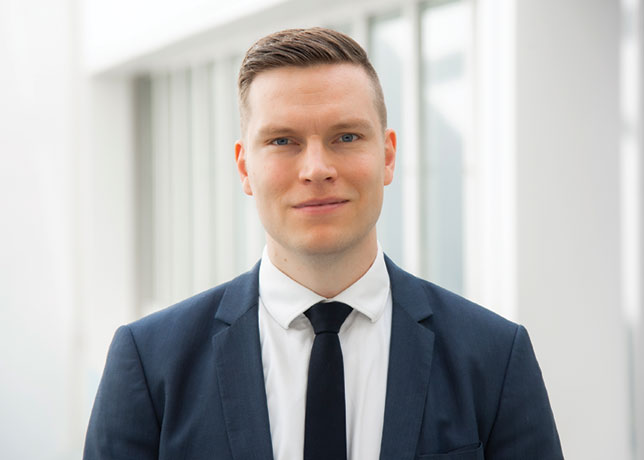
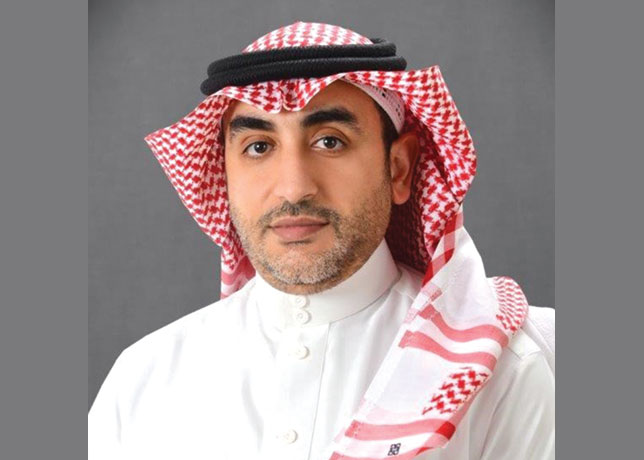
-with-Parab-(centre).jpg)
